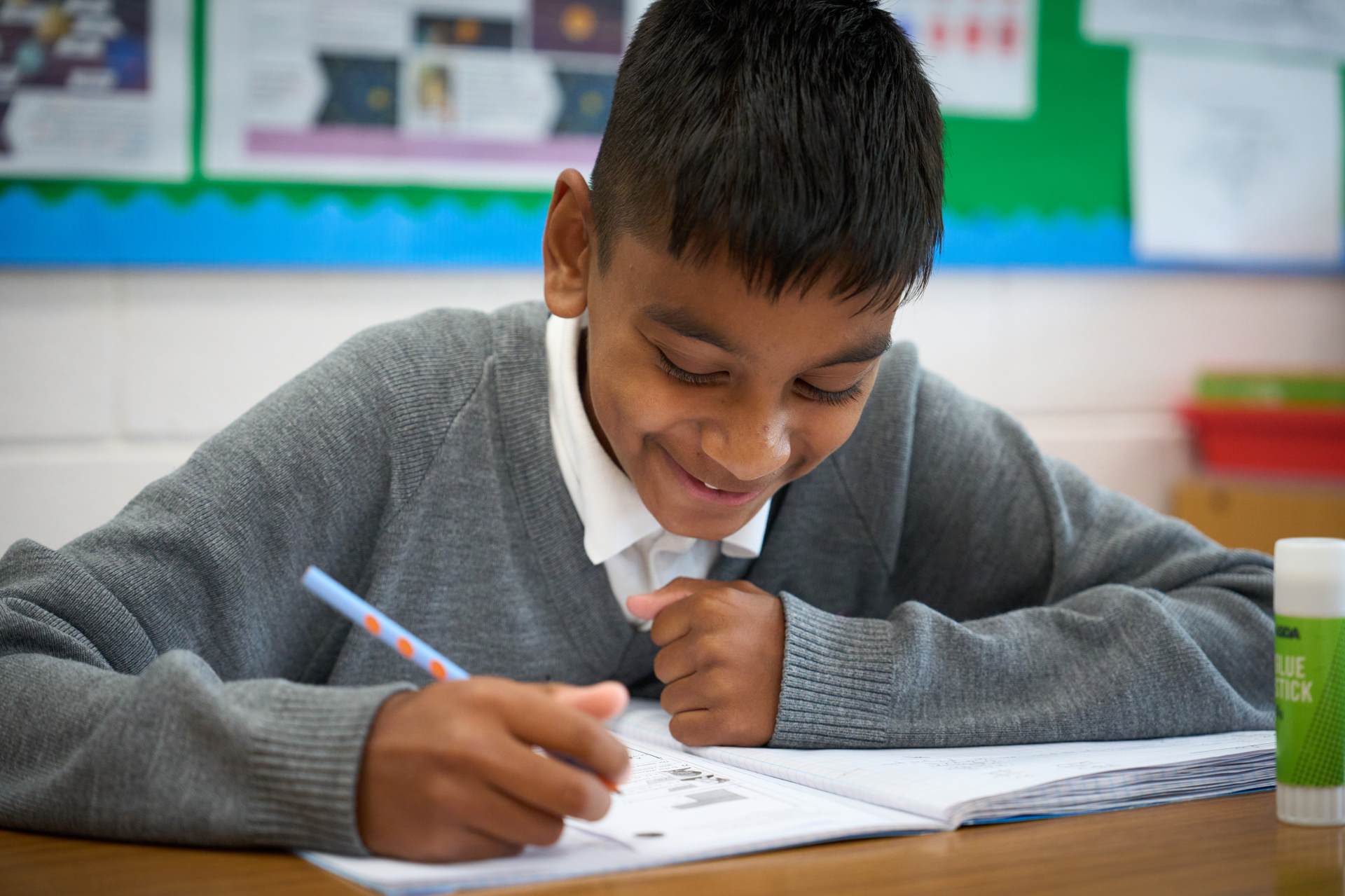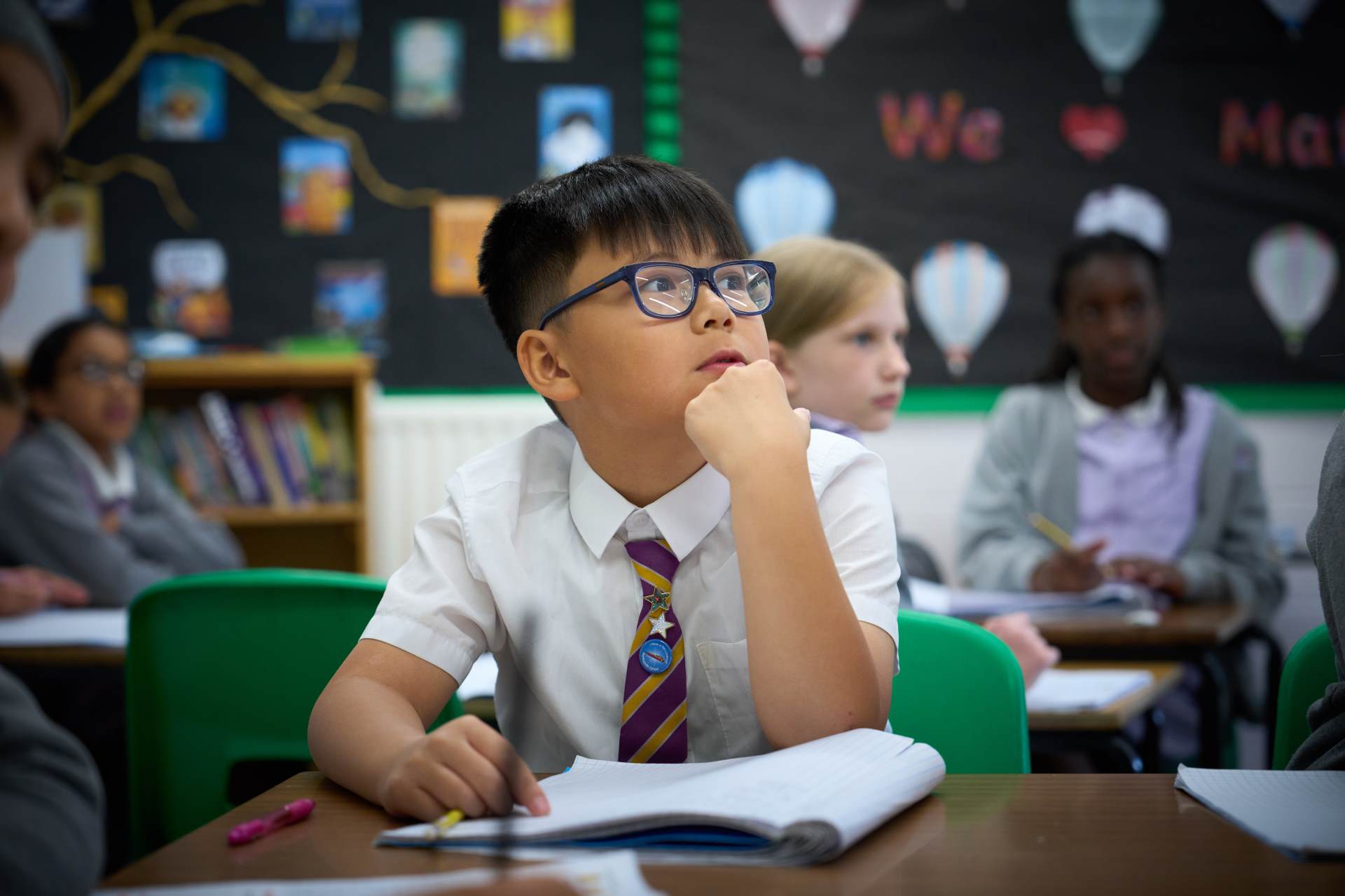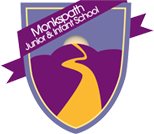Retrieval, Memory and Assessment
 |
 |
Helping Our Children Remember and Apply Their Learning
At our school, we want every child to not only learn new things but to remember and use what they’ve learned as they move forward in their education. This is why we use a strategy called retrieval practice—a way of helping children recall and connect their learning over time.
What Is Retrieval Practice?
Retrieval practice is about bringing knowledge back to mind regularly so it becomes part of a child’s long-term memory. When children remember what they’ve learned, they can build on it, make connections, and apply it in new ways.
This approach is based on research in cognitive science, which shows that learning is most effective when it’s spaced out and revisited over time—not just taught once and forgotten.
How We Use Retrieval Practice in School
Retrieval practice happens in many ways across all year groups:
- Memory books in the Early Years
• Morning activities like quizzes and PowerPoints
• Looking back at previous work at the start of lessons
• Quick quizzes at the end of lessons or during transitions
• Vocabulary focus to build understanding
• Addressing misconceptions to strengthen learning
• Pre-lesson reviews to activate prior knowledge
POP Tasks – Proof of Progress
We use POP Tasks (Proof of Progress) to help children show what they’ve remembered and understood. These tasks focus on the key knowledge from the National Curriculum and help us assess how well children are progressing.
The Principles Behind POP Tasks:
- Learning isn’t just what happens in a lesson—it’s what children remember later.
• Children need to connect new knowledge to what they already know.
• We check understanding, revisit learning, and give children time to reflect and reason.
• The goal is to move from remembering to knowing to thinking deeply.
Supporting All Learners, Including SEND
We make sure that all children, including those with special educational needs and disabilities (SEND), can access and show their learning. A child may need support in one subject but thrive in another, and our approach reflects this.
POP Tasks are adapted so every child can demonstrate their progress in a way that works for them.
Golden Sentences – Thinking on Paper
We teach children to write Golden Sentences—clear, well-structured sentences that show deep thinking and understanding.
- Children draft and redraft their sentences to improve clarity.
• We use sentence stems like “because,” “but,” and “so” to build reasoning.
• Writing becomes a way to think and reflect, not just communicate.
This helps children develop academic language, which is a vital life skill. It builds confidence, raises aspirations, and gives them the tools to express themselves clearly and thoughtfully.
Why This Matters
By focusing on retrieval, reflection, and reasoning, we’re helping children:
- Know more and remember more
• Build strong foundations for future learning
• Develop skills for life, including clear thinking and communication


